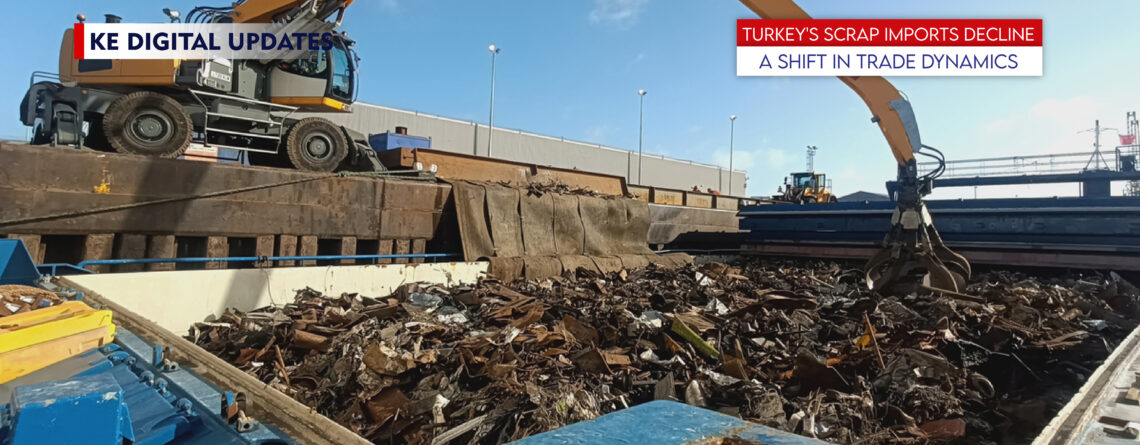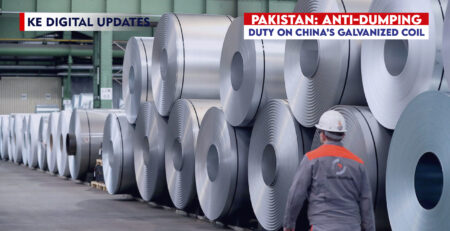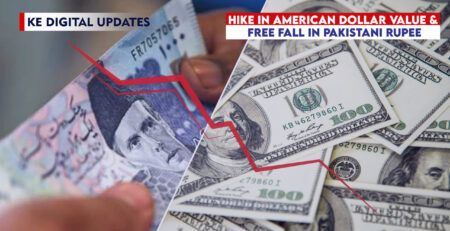Turkey, a key player in the global scrap metal market, witnessed a significant decline in scrap imports during the first quarter of 2025. According to the latest trade data, the country imported 4.69 million metric tons (mt) of scrap, marking an 11.7% drop compared to last year. This decline is accompanied by a 23.5% decrease in the total value of imports, amounting to $1.75 billion.
Quarterly Trends and Market Implications
The downward trend in Turkey’s scrap imports raises essential questions about the country’s steel production, economic conditions, and global supply chain dynamics. Scrap metal is a critical raw material for Turkey’s steel industry, which relies heavily on imported scrap to meet production demands. The substantial drop in import value suggests a broader impact, possibly due to price fluctuations in the global scrap market or reduced demand from domestic steel producers.
Monthly Import Insights
In March alone, Turkey imported 1.66 million mt of scrap. While this figure represents a 9.4% decline year-on-year, it also shows a 7.4% increase compared to February. This fluctuation highlights short-term market shifts and potential adjustments in procurement strategies among steelmakers.
Key Suppliers and Changing Trade Relationships
Despite the decline, the Netherlands emerged as Turkey’s leading scrap supplier in Q1 2025, delivering 842,805 mt—a 4.9% year-on-year increase. The Netherlands’ growing role in Turkey’s scrap market indicates stable trade relations and possibly competitive pricing strategies.
However, other major suppliers saw sharp declines. The United States, traditionally a significant source of scrap for Turkey, supplied 776,294 mt, reflecting a 23.1% decrease. The United Kingdom also experienced a downturn, supplying 457,603 mt, down by 20.7% year-on-year. These declines could be attributed to logistical challenges, shifts in pricing strategies, or evolving trade agreements affecting international scrap flows.
Potential Drivers Behind the Decline
Several factors might have contributed to Turkey’s reduced scrap imports:
Economic Uncertainty: Fluctuations in Turkey’s economic landscape, including inflation and currency valuation, could impact import decisions.
Steel Demand: The need for imported scrap diminishes if domestic steel production slows.
Global Market Prices: Variations in scrap metal pricing worldwide may lead to reduced purchasing activity.
Regulatory Adjustments: Government policies or trade restrictions could influence import volumes and sourcing strategies.
Conclusion
Turkey’s decline in scrap imports in Q1 2025 signals shifting dynamics in the country’s steel industry and international trade partnerships. While some suppliers maintain steady shipments, others are experiencing significant downturns. As the global market adjusts, industry stakeholders will closely monitor pricing trends, supply chain developments, and economic conditions to navigate the changing landscape.





Leave a Reply